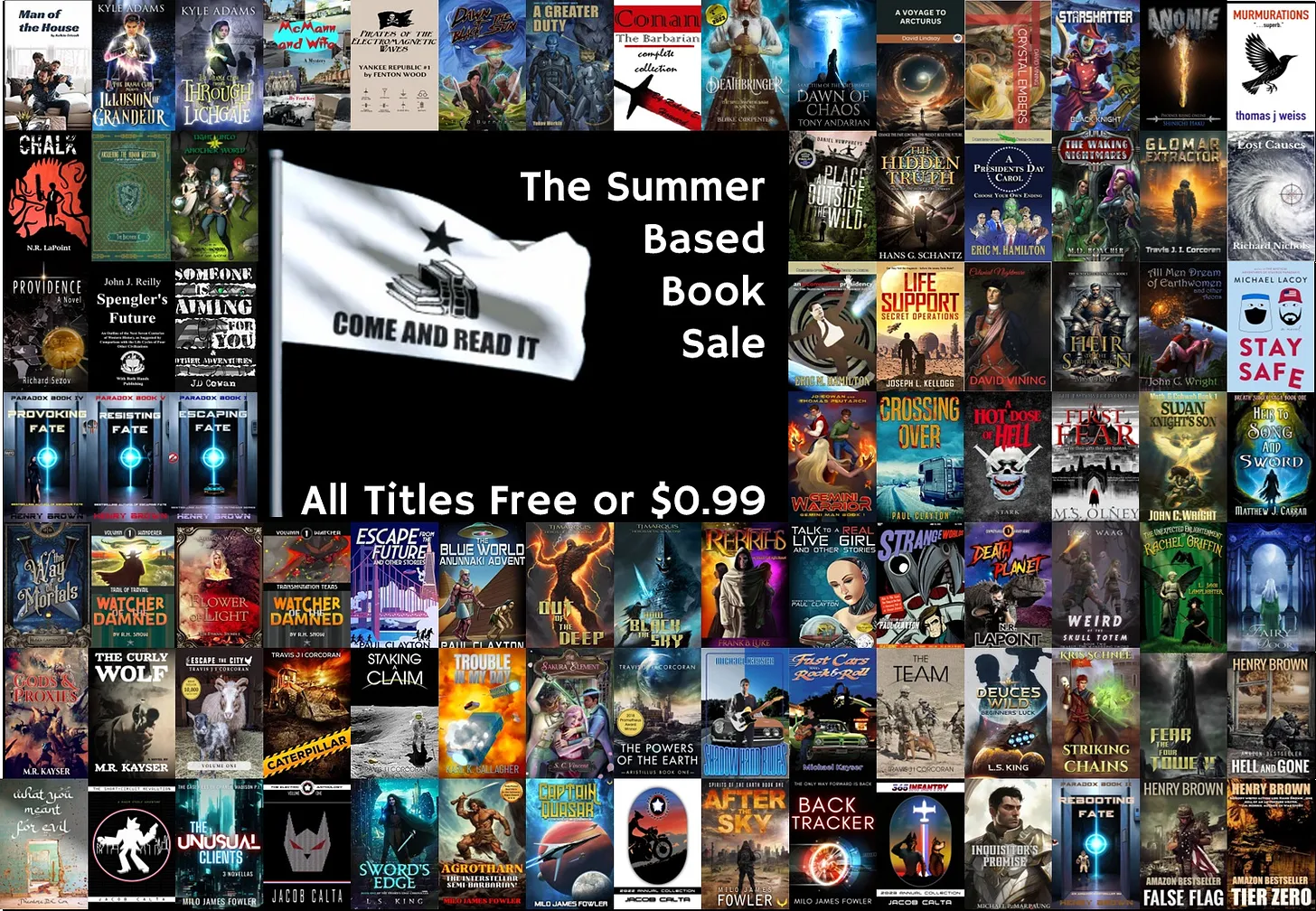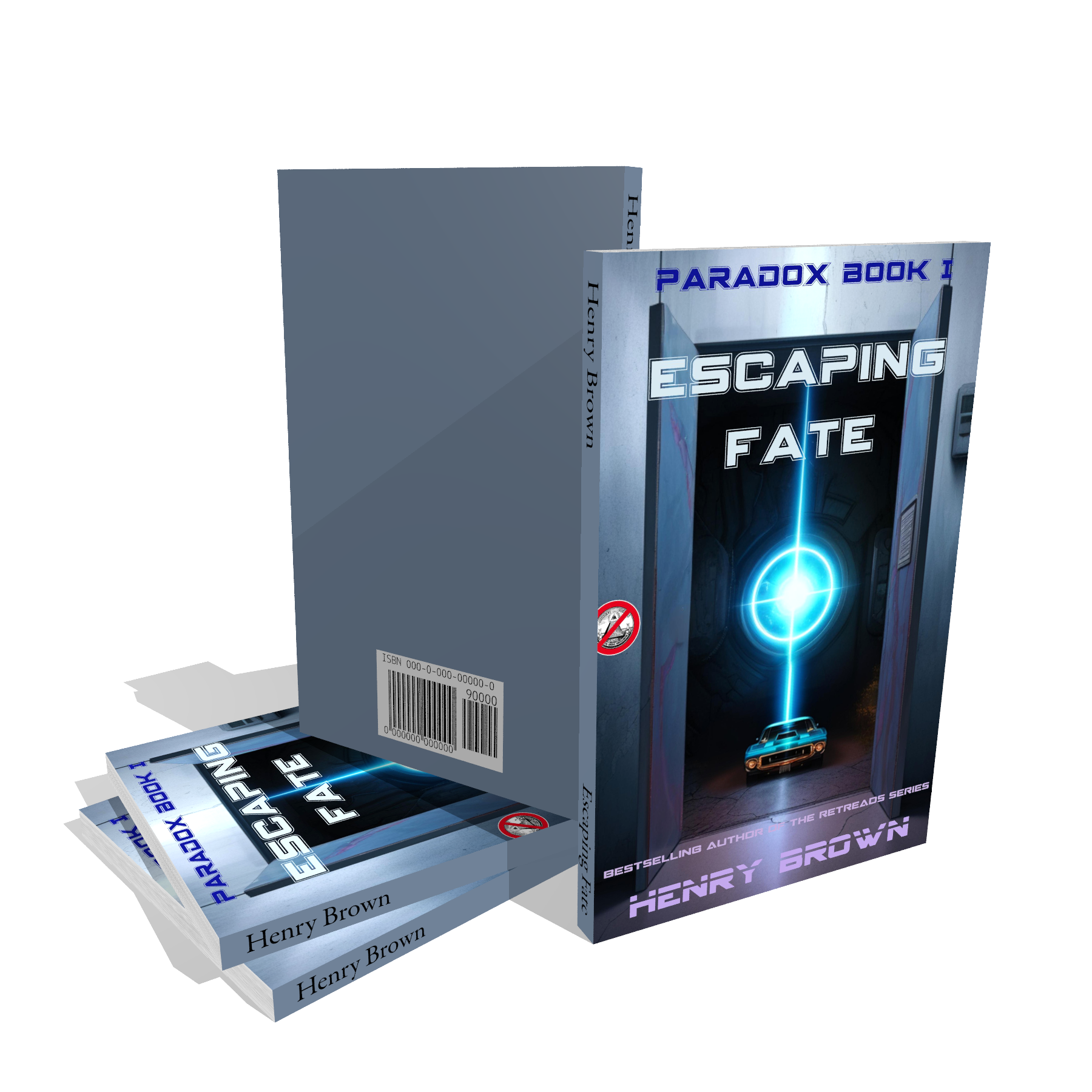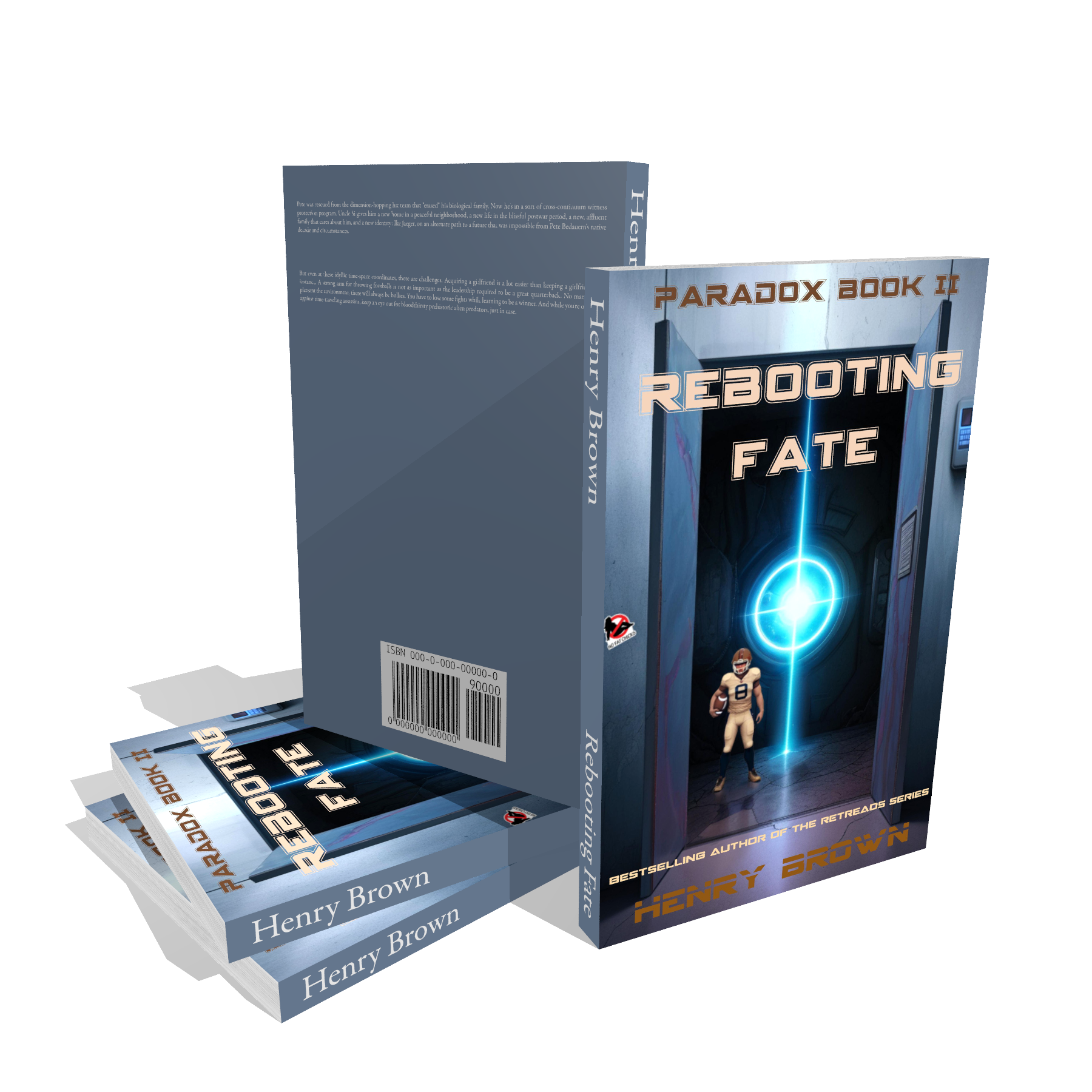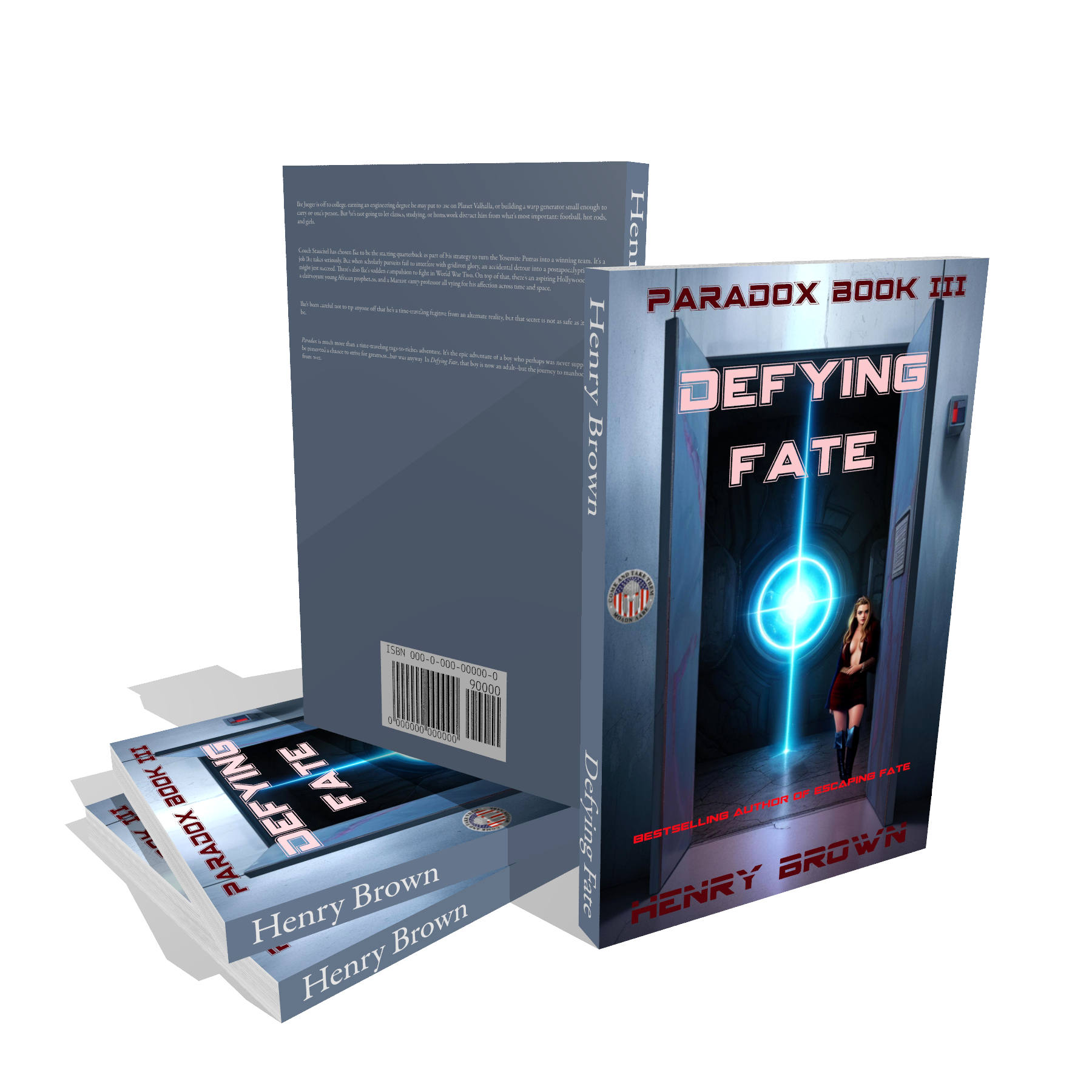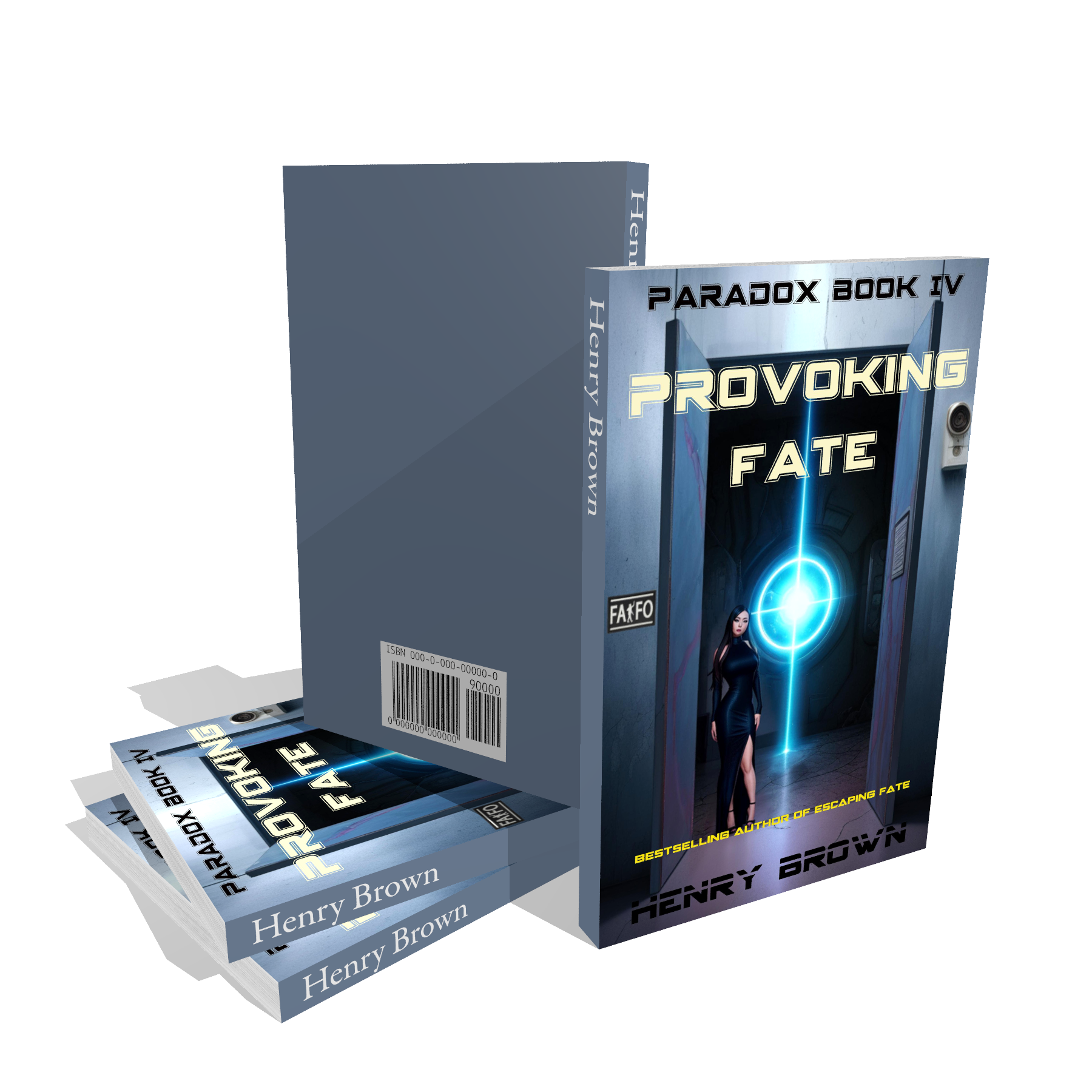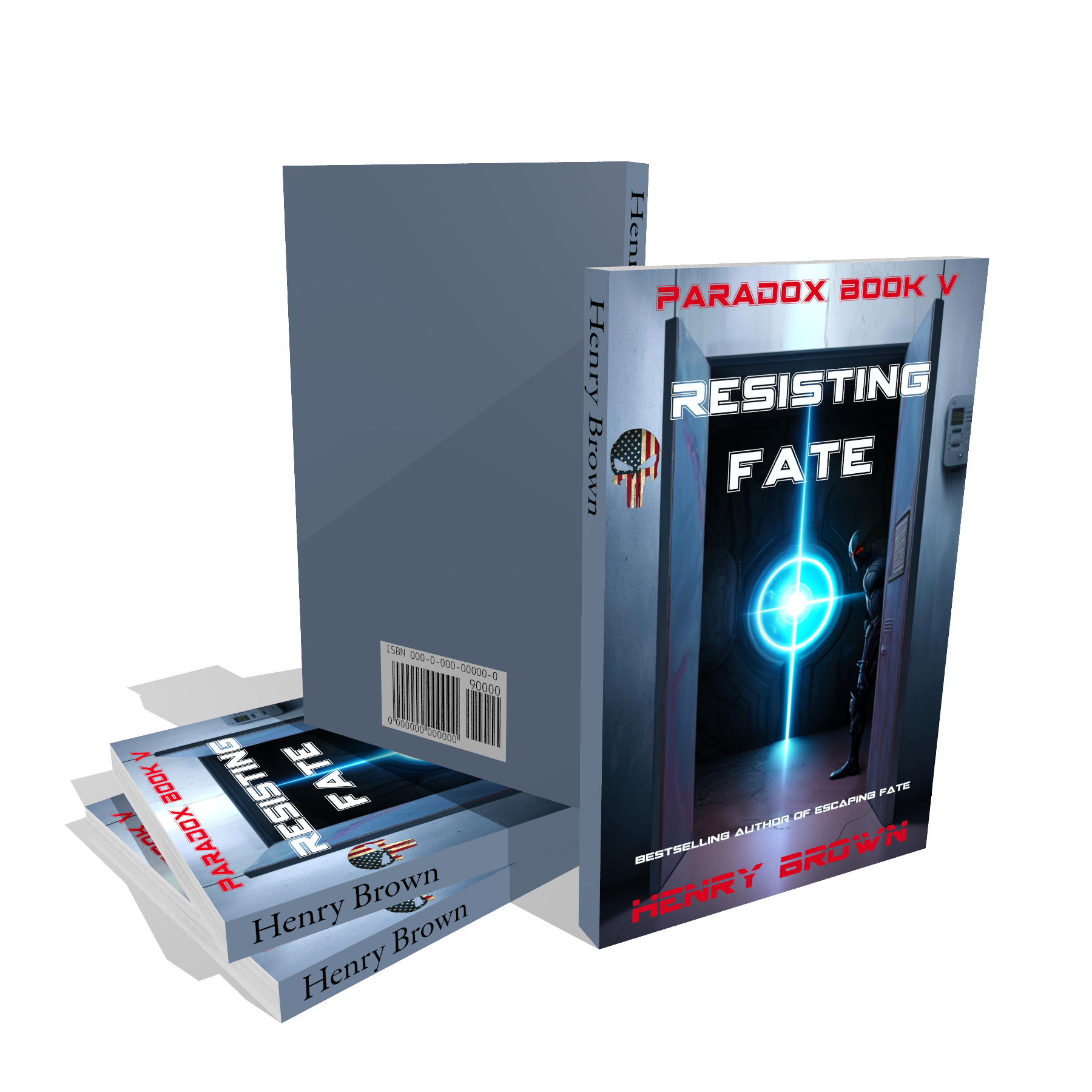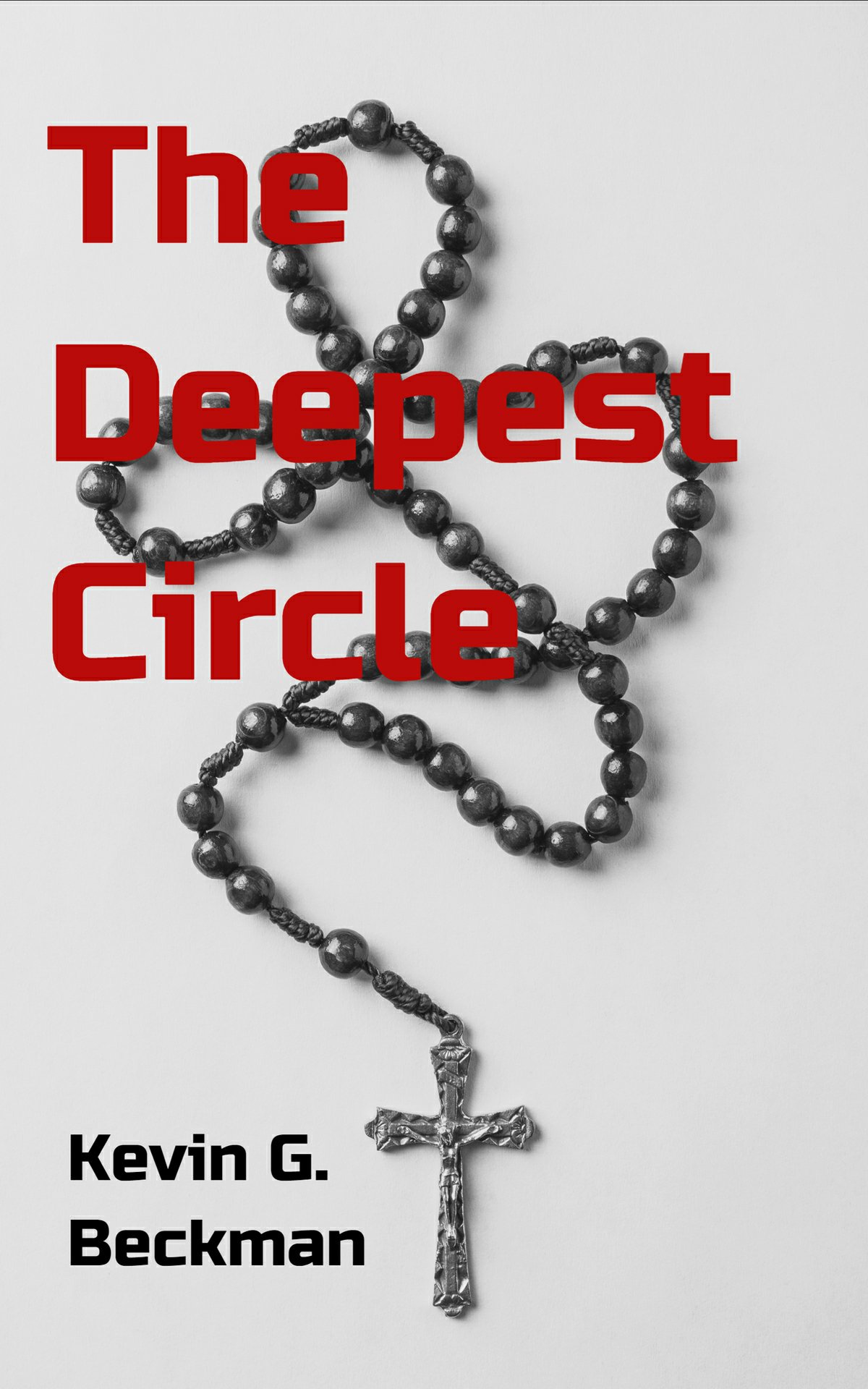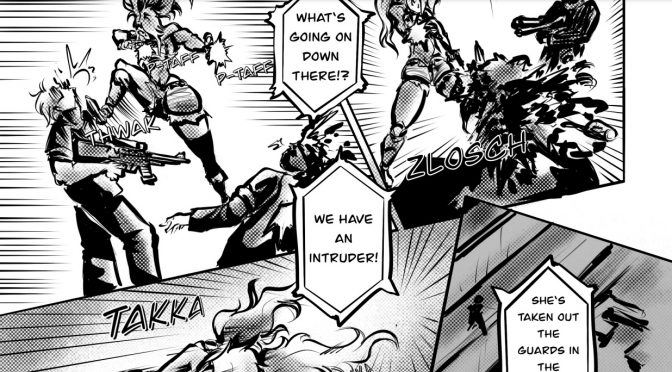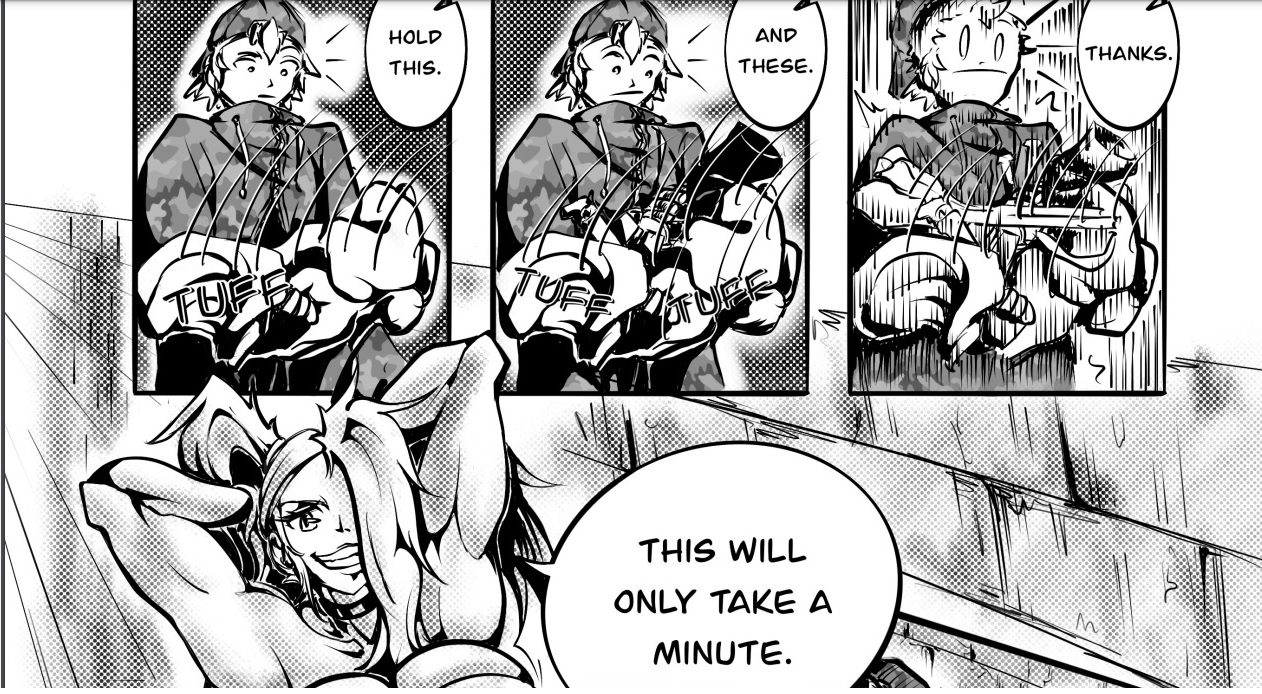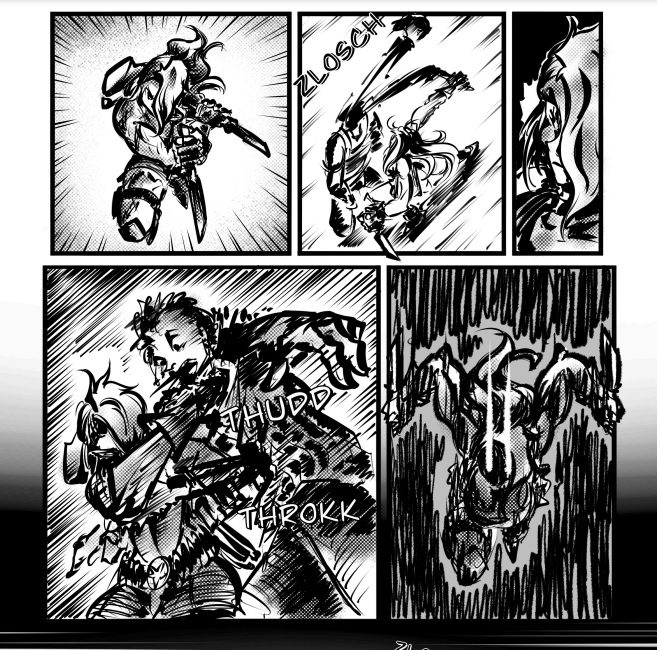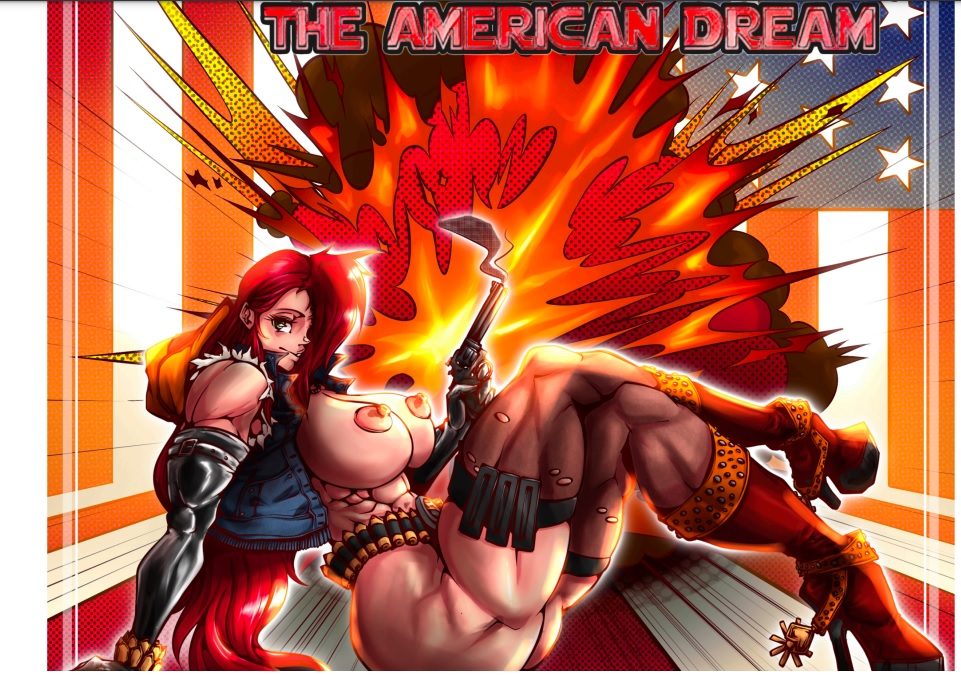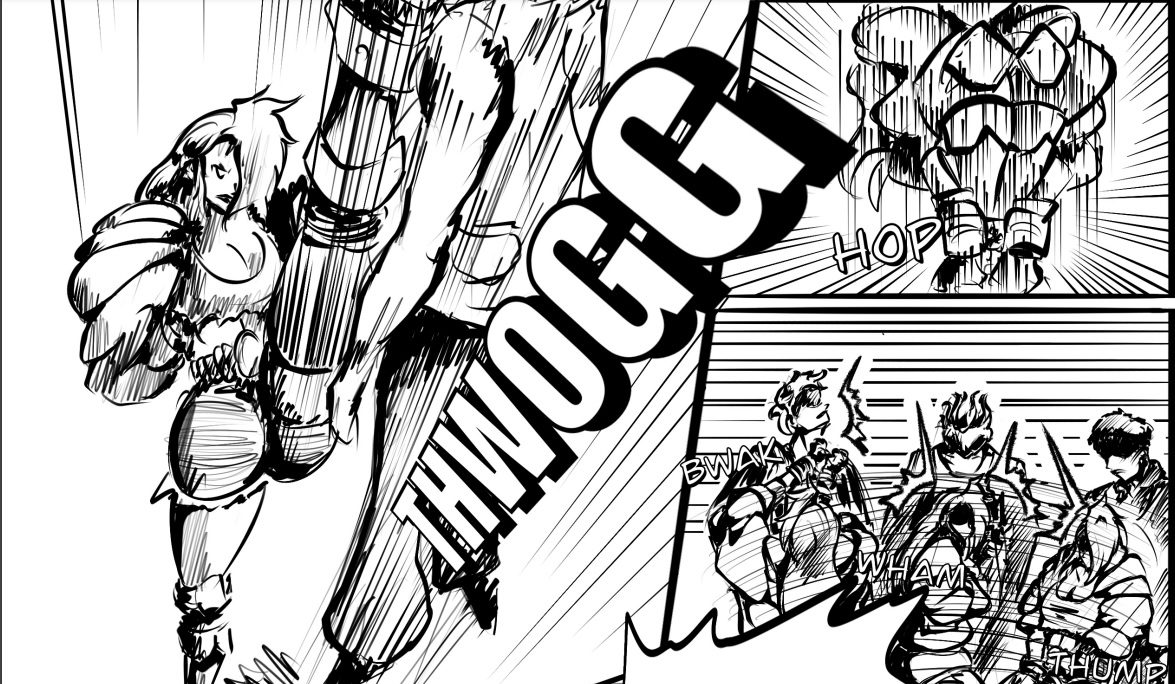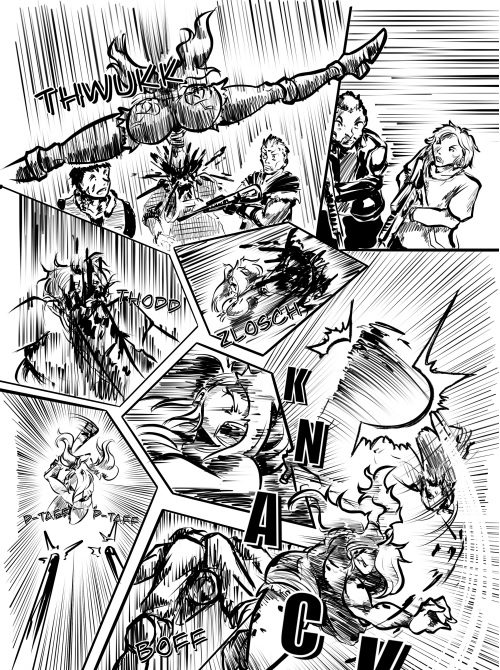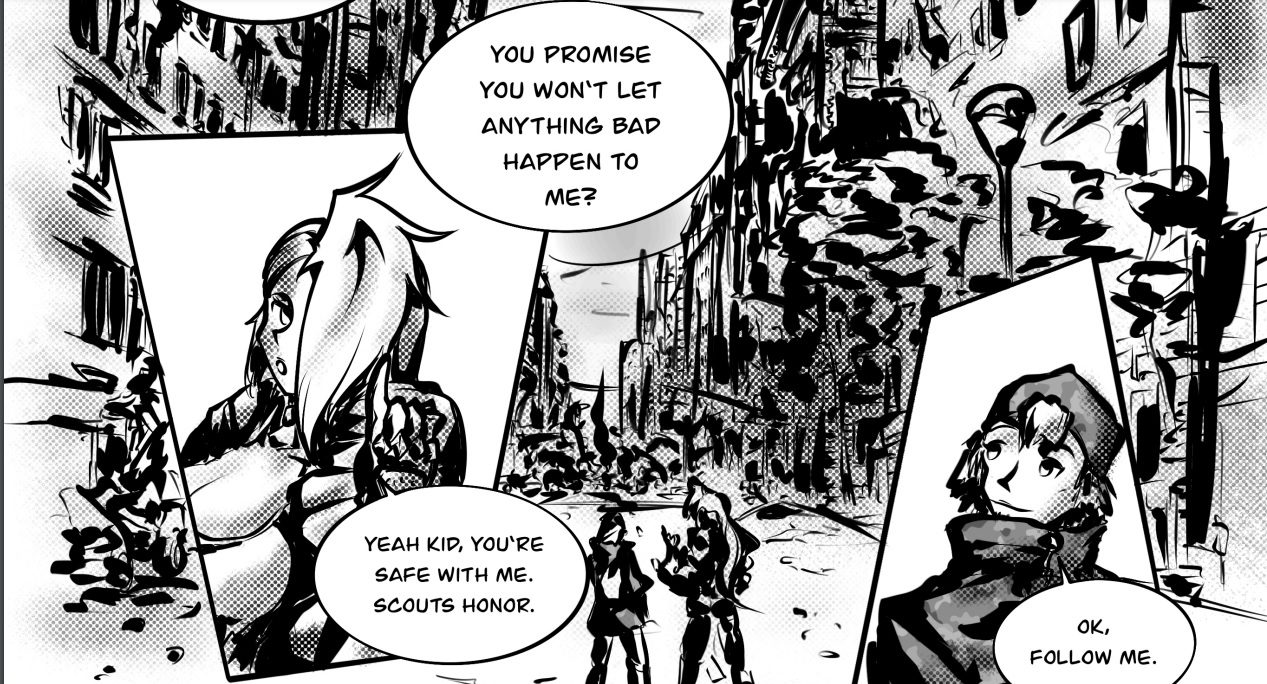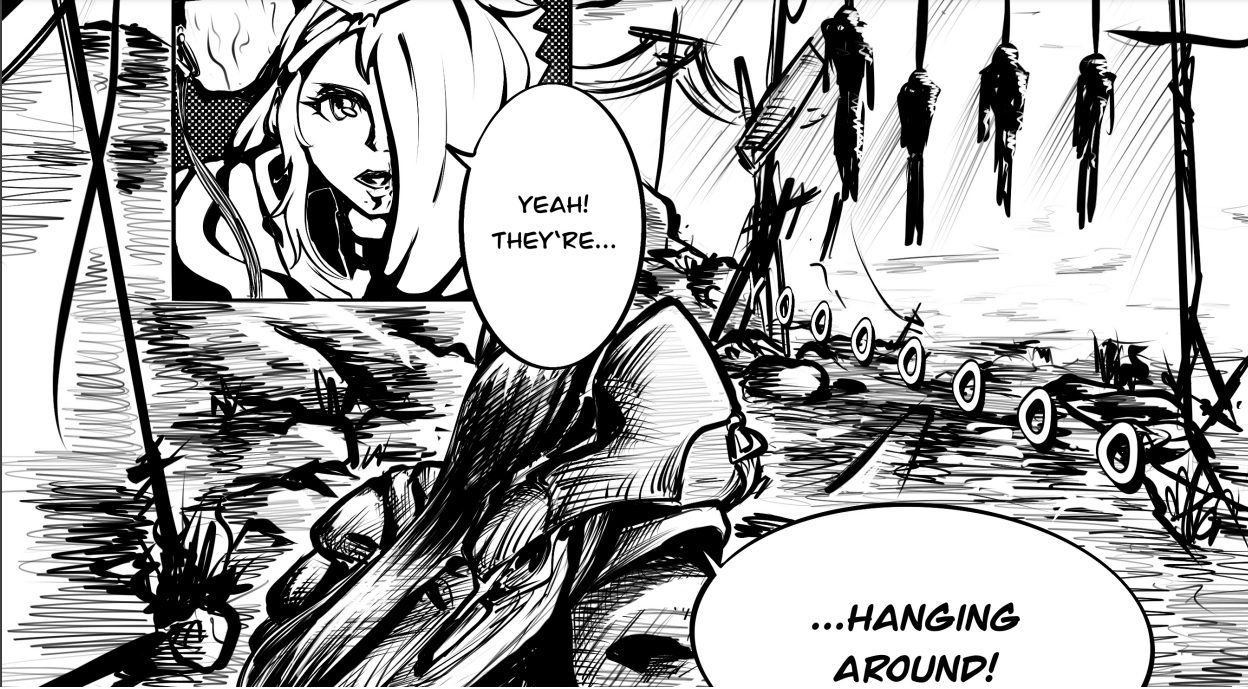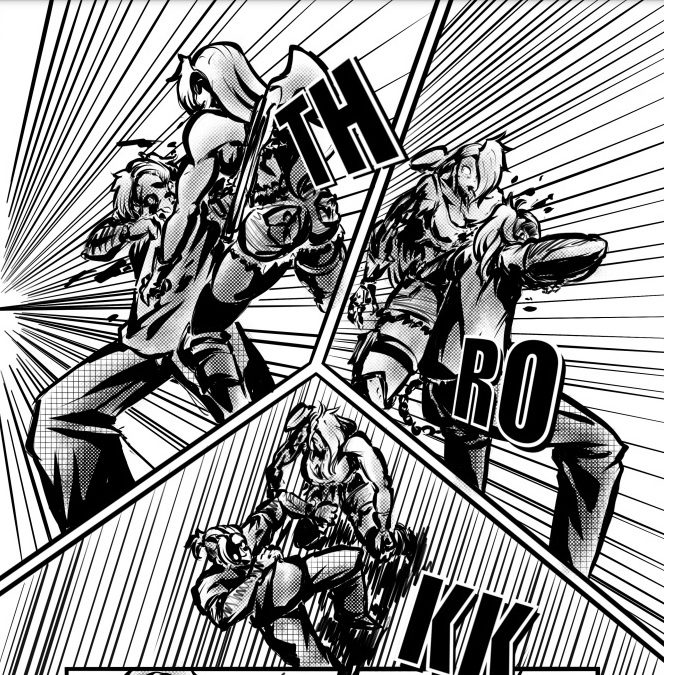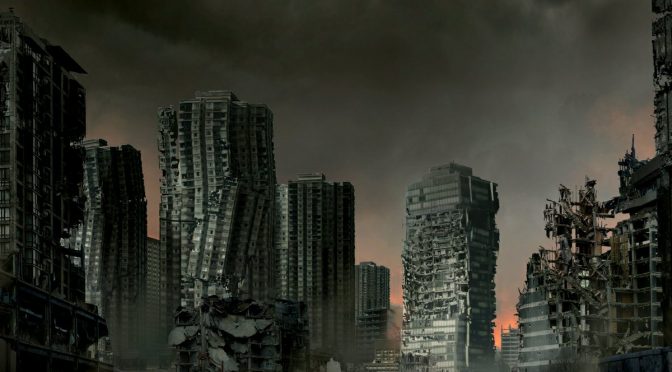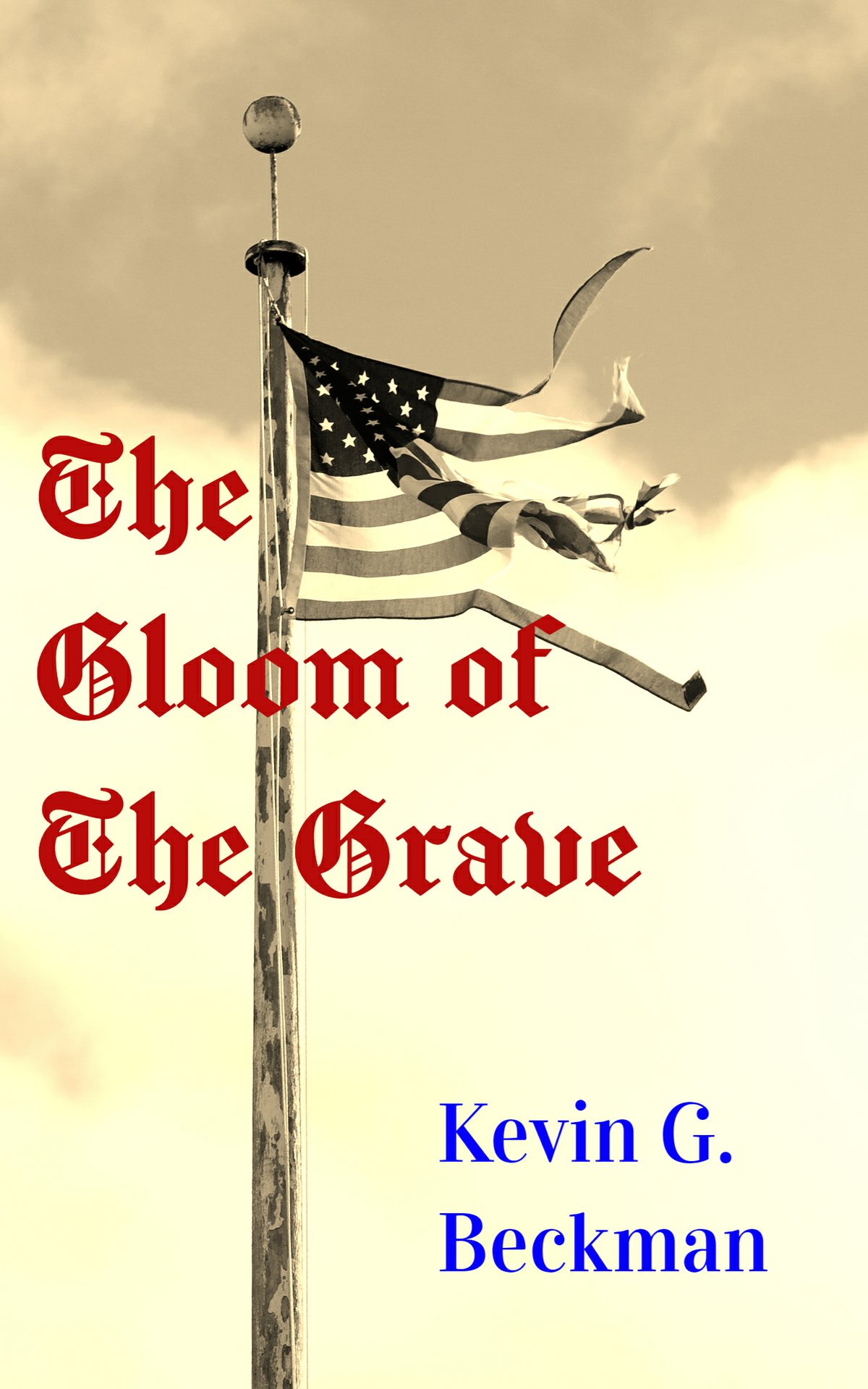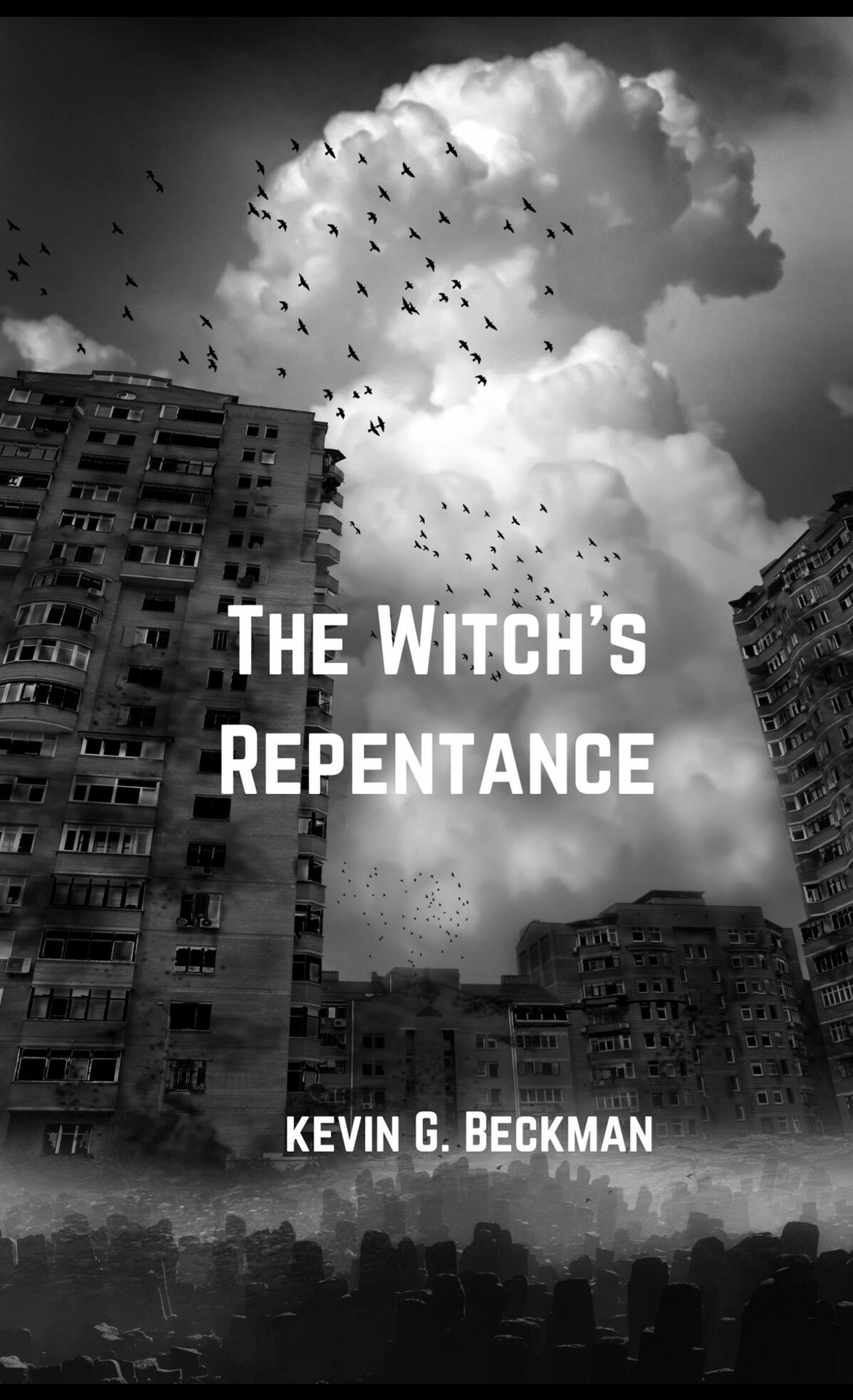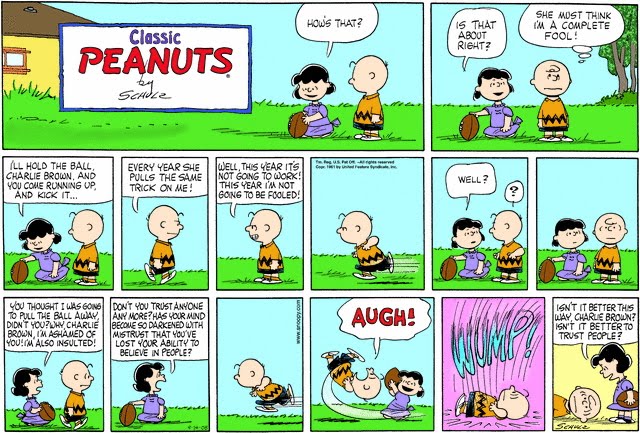THE LAND OF LONG SHADOWS
An interview with JJ Shurte
By INFAMOUS🦀
🦀 What made you want to start writing fiction?
Shurte: I’d grown up with a lot of oral storytelling thanks to my dad. He’d traveled overseas a lot when I was a kid, and he’d always come back with these amazing stories of his adventures from all around the world, or something crazy from when he was growing up. Next to that was the fact that I had to transcribe all his emails, due to him being dyslexic. It’s what forced me to learn how to type at a decent speed at a young age. So, this whole storyteller thing tracks back to my dad.
🦀 What made you want to write TLOLS?
Shurte: The ridiculous origin story of this project is written down at the end of the book, so I won’t spoil it. I’ll just say that I followed the advice of Ernest Hemingway.
🦀 What does your immediate family think of what’s in TLOLS, if at all?
Shurte: They’re fine with it. I’d already aired out all the dirty laundry in another book, so they were just glad to not see any characters who were vaguely familiar. Besides that, we’ve all been through a lot in our personal lives so those of us left are a pretty weathered bunch.
🦀 What inspired TLOLS, conceptually speaking?
Shurte: Like a lot of my projects, the initial spark came from a dream, and then it spiraled out of control from there. I was particularly inspired by the storytelling method of the Dark Souls series. It’s this fragmented way of telling a story where there’s always something going on, but the why of it is up to the reader to unravel. It’s a little bit like the Mystery Box technique that J.J. Abrams used for the TV series Lost, except that the payoff is built in from the start, and actually worth it. As for the inspiration for the actual stories themselves, the ideas spent a lot of time percolating while I did other things – so there’s a lot that went into this.
🦀 Is the TLOLS a one-shot deal? Does it have a definite conclusion in this one book?
Shurte: The world was intentionally built so that this could be a stand-alone, while also leaving the door open for subsequent stories. They wouldn’t be direct sequels to the narratives in this book, but would continue the greater mythos that’s established here. Once you get into the book, there’s a pretty obvious reveal at how that could happen.
🦀 Were you ever concerned about the idea some readers could form of your ‘mental health’ as a result of reading TLOLS?
Shurte: Not really. I’ve had people questioning my mental health my whole life. Once you open up just a little, and they get to find out why you are the way you are, they usually stop asking questions and let you get on with it.
🦀 Did you intentionally try to confuse or disorient readers with the bare-minimum exposition applied in the book?
Shurte: It’s not really about intentionally trying to confuse or disorient readers–it’s more about letting them ponder about the narrative and try to fit the pieces together themselves. A lot of worldbuilding went into it, so the setting is mechanically sound, but you’re only seeing the tip of the iceberg. How far you dig down is up to you.
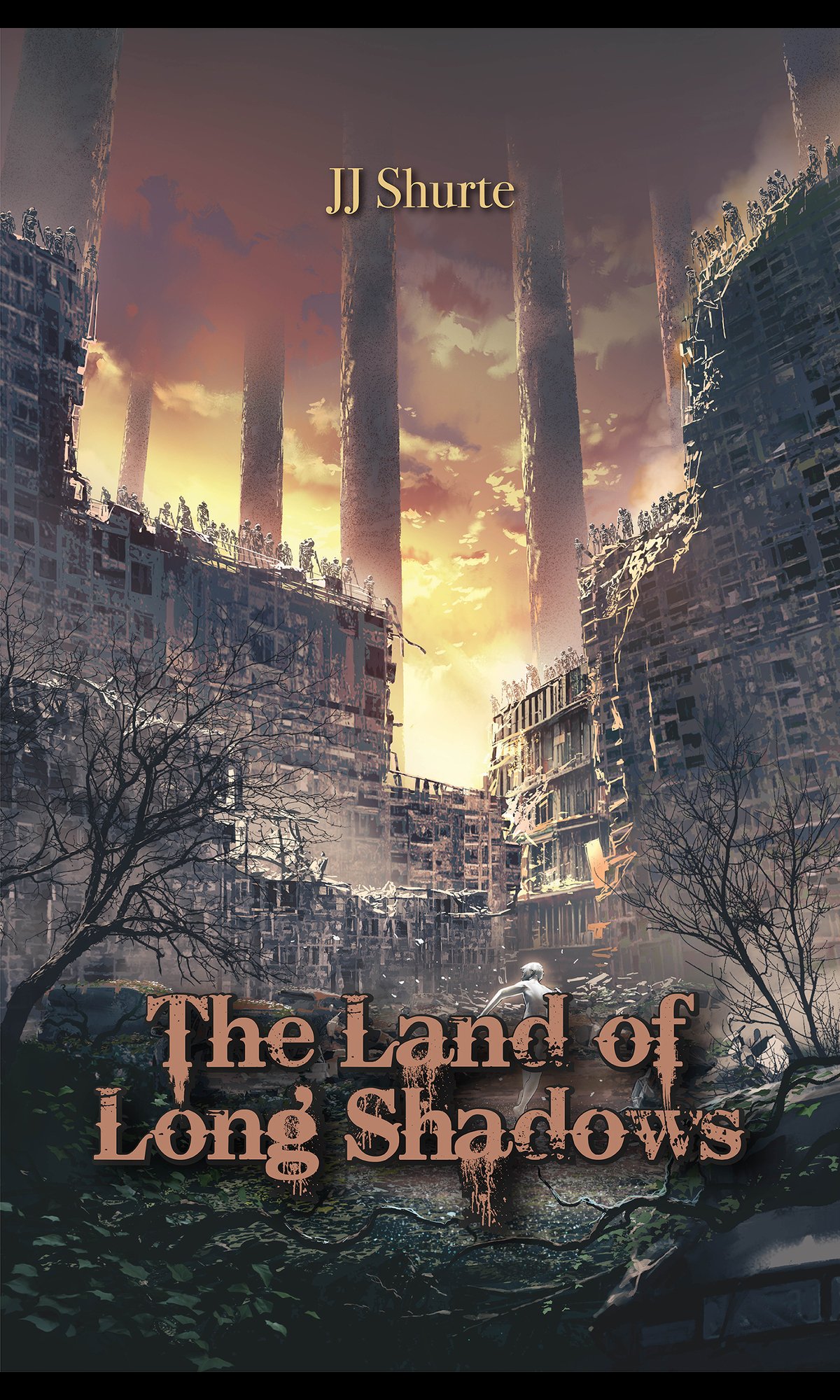
🦀 Do you think fiction in general is in a good place today?
Shurte: I’m actually in the process of exploring this topic. I recently started a podcast, Apocalypse Apocrypha, where I analyze and break down all the most successful Post-Apocalyptic Indie novels. I started this because I grew up loving Post-Apocalyptic stories, but once I started publishing on Amazon I found that the indie market is all about Prepper Fiction. You can maybe write Zombie Apocalypse stuff, but it’s a distant second behind the Prepper Fiction. The stuff I want to write doesn’t really sell, because the already established Post-Apocalyptic audience has a strict set of genre expectations. I can’t be certain, since I usually stick to my wheelhouse, but I suspect some form of this issue is present all across the indie author scene.
🦀 What is your advice to writers who want to write something that is not just of high quality but that also stands out from the slush of fiction books?
Shurte: Be financially set up so you’re not forced to compromise your vision to meet market expectations, and don’t expect it to take off if it’s not written for blanket appeal. Everyone’s got different ways of writing, but take your time and don’t be afraid to re-write whole sections if needed. Have someone trusted go over it and point out every single issue. It’s better to have them tear your manuscript apart, so that you can fix it, than have your feelings spared.
🦀 Thank you JJ. This story has had a profound impact on me, on many levels.
Shurte: No worries, thank you for taking the time to read it. I’m glad you got something out of it.


